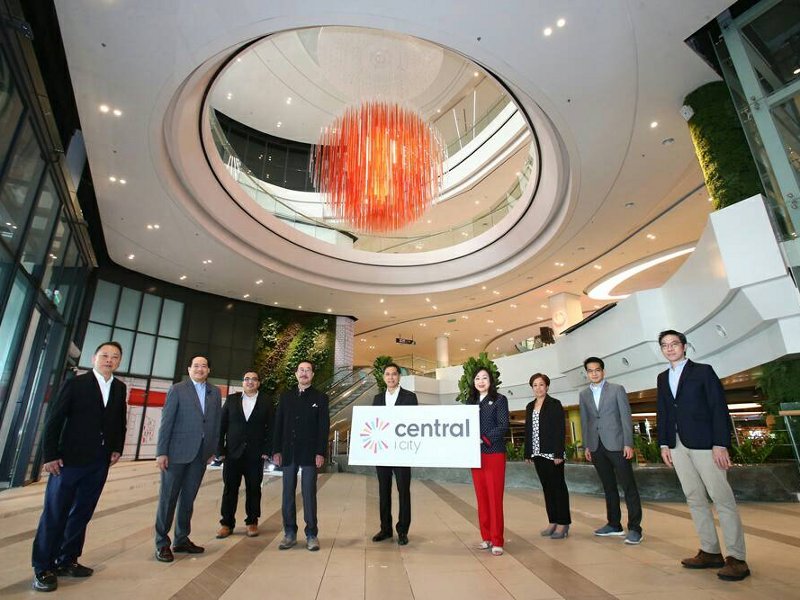
It is increasingly common for companies to organize events to improve their engagement with their potential audience and even with their own employees. Hence, we can find different types of events whose organization will vary substantially depending on the objectives pursued.
What is clear is that this type of activity is an extraordinary marketing tool and can bring important benefits directly or indirectly.
What types of business events are there?
The most common classification is that which differentiates between business events for the public (external) and those for the organization’s personnel (internal).
In any case, an event is always a meeting with a particular purpose. In it, the attendees are given certain information that will allow them to define new work models and strategies, obtain new suppliers, win customers, strengthen the brand image, etc.
Fairs and exhibitions
They are the option most chosen by business organizations when they want to reach the general public, whether it is to find new customers, suppliers, investors or partners.
At the fair, the company makes itself known in a much more direct way, and this type of action is usually focused on a specific sector. A clear example is the franchise fairs that have become so fashionable in recent years.
Conferences or conventions
This includes different types of talks, seminars, workshops or presentations for more or less large groups. Their peculiarity is that they can be aimed at both the company’s own staff and the general public.
For example, a company can hold an internal convention to present its new growth strategy to its employees, but it can also give a lecture at a university to make itself known and recruit new talent.
Workshop
Among the events for companies aimed exclusively at employees, the workshop should be highlighted. This is an activity aimed at an organization’s employees and its purpose is to train them on a certain subject, always with an intensive character.
Currently, many companies are organizing workshops to train their employees in the use of the latest generation of business management software.
How to organize business events?
The success of an event lies largely in the organization of it. In order to succeed, the first thing to be clear is what the purpose of the event is and, consequently, what type of activity is best organized. Nor can you overlook the type of public that will attend the event.
Knowing the objective, the type of audience and the type of activity to be organized, you can already start working on its development.
Before starting to look for dates it is essential to know the budget available and make an estimate of the number of attendees in order to choose the most suitable place for the celebration, and even choose the catering.
In fact, budgeting the different types of events that a company can organize is one of the most difficult challenges that the organizer must face. There are many variables involved and any small change can alter all the calculations.

Useful tools for organizing business events
Today, technology is the best ally of event organizers. Professionals have a lot to choose from.
The classic system is to combine the use of spreadsheets with other tools such as specific applications for sending emails, task managers to distribute the work to be done among all those involved in the organization, billing software, etc.
Although this method can work well, it is not efficient today. The slightest change in any aspect of the organization results in having to make changes to all the digital tools being used, and this is a serious risk. It is enough that the data has not been updated in any of the tools used for the information available to us to be wrong.
For example, create email campaigns to get the list of attendees, manage their information and see in real time any changes made by the team. Also create personal accreditations or manage access through QR codes on the day of the event, among other options.
With a tool of this type you save time by automating a large part of the processes and, even better, you reduce the number of errors.
How to calculate and optimize the ROI of an event
It does not matter what type of event takes place; whether it is a trade fair or a symposium, in the end the aim is for this activity to have a positive impact on the company.
Such impact can have an economic aspect (generating money), but in many cases it has a less tangible impact in the short term but can be measured economically in the long term. This occurs when the activity succeeds in strengthening the brand image, helps to make itself known to potential investors or succeeds in training or motivating employees.
In any case, in order to measure the success of an event it is essential to calculate the ROI. Not only is it one of the most important KPIs, but it is the only one that can confirm whether or not the effort put into organizing events has really paid off.
If the budget has been well prepared, knowing the expenses of an activity is not difficult. The most complicated part is calculating the income. Direct income is simple to calculate (amount obtained from ticket sales, sales made at the event itself, etc.), while indirect or intangible income is more complex.
Indirect revenues are those derived from the impact of an event. For example, that an influencer is present at the event and makes it known to his followers. In reality here the company is not winning a priori, but rather is saving on advertising.
All of this leads us to the conclusion that there are positive effects of the event that, in principle, do not have a predefined economic value (improvement of the brand image, increase in the number of followers, etc.), but they must be given. This quantitative value contributed by the brand itself to the qualitative objectives must also be applied to the ROI formula.
What do we do with the data obtained?
The ROI is not only useful to know if we have won or not, it is much more useful. By analyzing all the data we have monitored to calculate the results, we can see what the strengths and weaknesses of the event have been.
This information will be especially useful for the future, as it will help to avoid wasting time on actions that do not give a good performance and will allow the organizers to dedicate their efforts to those actions that have really proved to be positive for the company.
